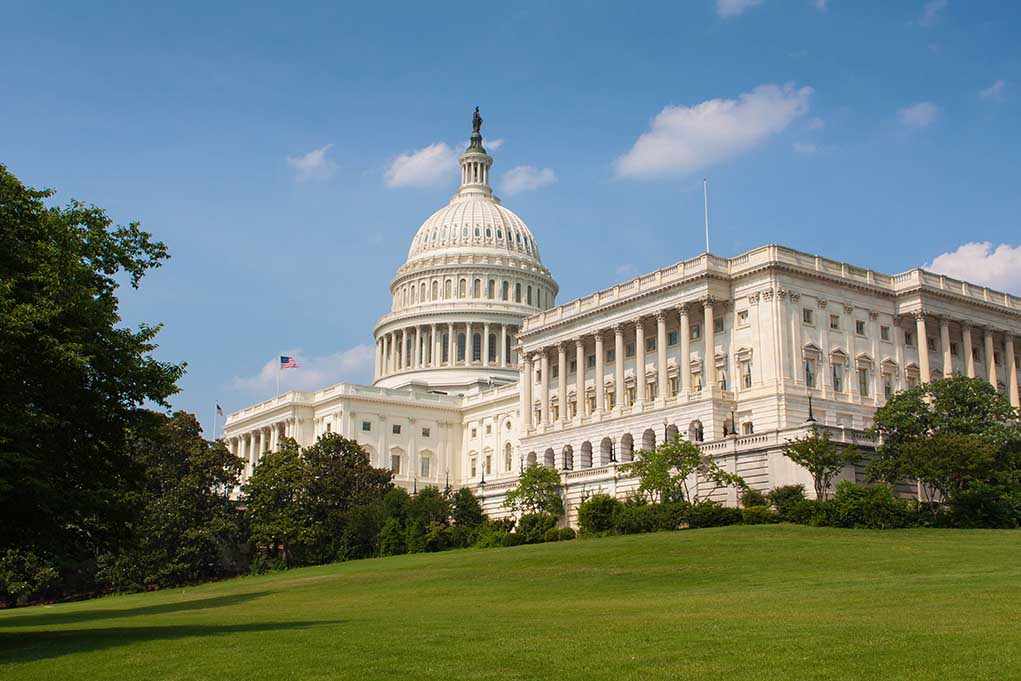
Deploying the National Guard for trash duty in DC raises eyebrows, questioning the use of military for non-traditional roles amidst a federal “takeover.”
Story Snapshot
- National Guard deployed in DC for a “beautification and restoration mission.”
- Troops seen collecting trash in public areas, sparking debate.
- Mission coincides with a federal “takeover” to improve DC’s image.
- Concerns about military involvement in civic tasks grow.
National Guard’s Unusual Role in DC
In an unprecedented move, the National Guard has been deployed in Washington, D.C. to assist with a civic beautification mission. This federal “D.C. Takeover” aims to revamp the capital’s image by involving troops in tasks like trash collection in areas such as Lafayette Park and the National Mall. Traditionally, the Guard’s presence in D.C. has focused on security. However, the current assignment reflects a shift towards non-traditional roles to address public safety and perception issues.
The coordination of this initiative involves the National Park Service and is framed by the White House as part of a larger public safety and image campaign. The decision to deploy military personnel for urban maintenance has drawn mixed reactions. Supporters argue it addresses urgent needs, while critics question the appropriateness and cost-effectiveness of such an approach, suggesting that funds could be better utilized to enhance local services.
Impact on Public Perception and Tourism
The mission is part of a broader effort to counter negative narratives about the safety and cleanliness of the nation’s capital. As D.C. officials push for increased tourism, the visual improvement of public spaces is crucial. The “We the People DC” campaign, run by the city’s tourism marketing arm, is in full swing, with hopes that enhanced public spaces will attract more visitors. However, the deployment has also sparked discussions about federal overreach and the militarization of civic functions.
As the National Guard continues its efforts, the initiative sets a precedent for military involvement in civic tasks. This could influence future federal-local relations and public expectations regarding city maintenance. The immediate impact is visible in cleaner and more orderly public spaces, potentially boosting tourism if public perception improves. Long-term implications include debates on the role of the military in civilian life and the priorities of public spending.
Broader Implications and Reactions
The deployment has not only affected D.C. residents and businesses but also sparked broader debates in the tourism and hospitality sectors. Questions arise about how cities manage public spaces and cooperate with federal authorities. While some see the mission as a beneficial effort to revitalize the capital, others view it as a political maneuver with uncertain long-term benefits. The situation highlights the delicate balance between federal intervention and local autonomy, with implications that may extend beyond D.C.
Industry experts and public administration commentators continue to weigh in on the matter. While tourism leaders emphasize the necessity of improving public perception, critics remain skeptical about the use of military resources for such endeavors. As the mission progresses, its outcomes will likely inform future strategies for urban management and federal involvement in local affairs.
Sources:
National Guard Members Activated for DC Federal Takeover Seen Picking Up Trash
DC Launches “We the People” Campaign While National Guard Patrols Streets, Picks Up Trash




